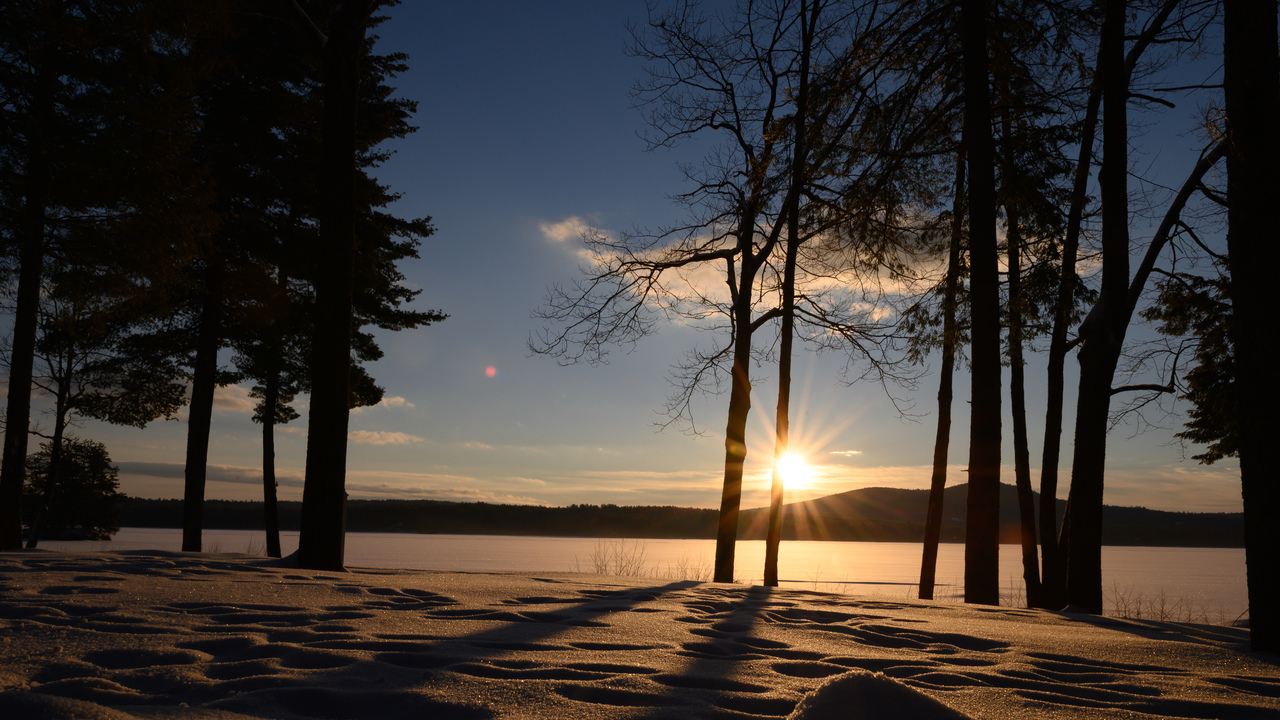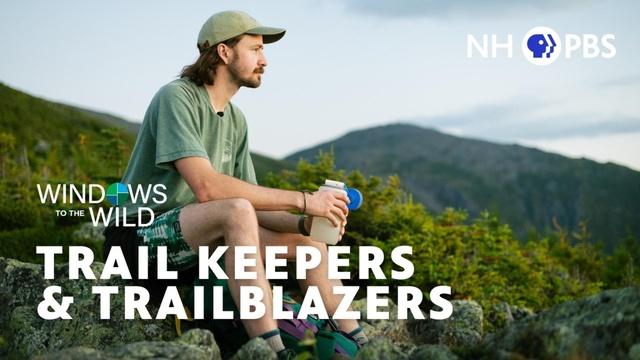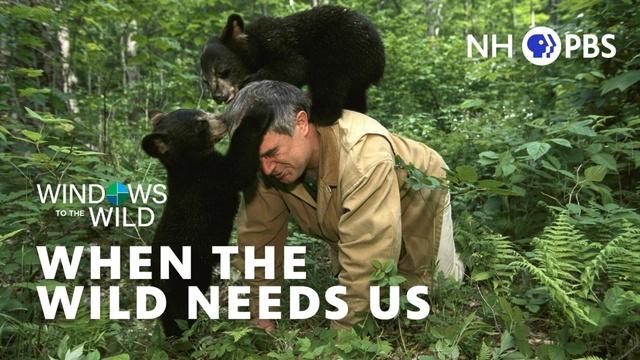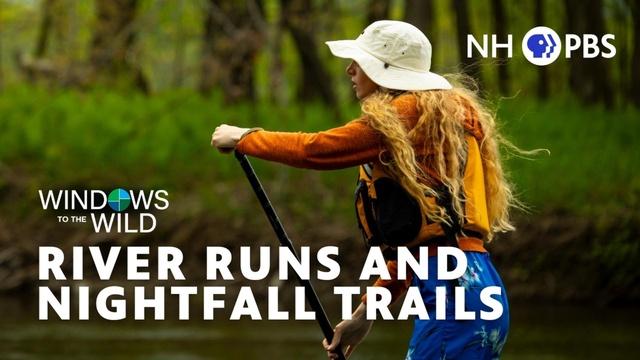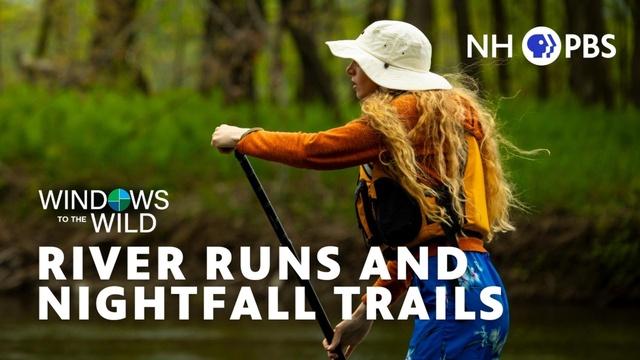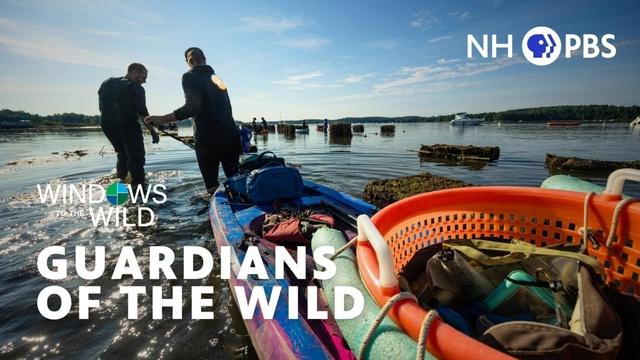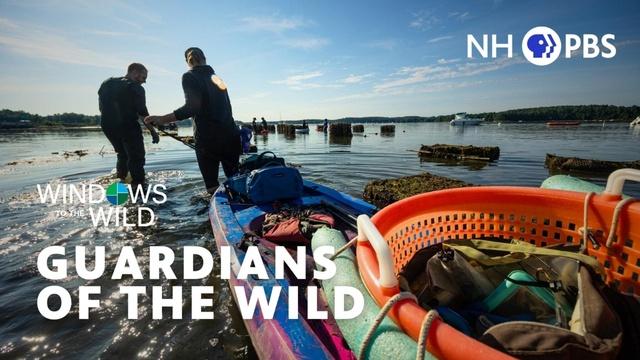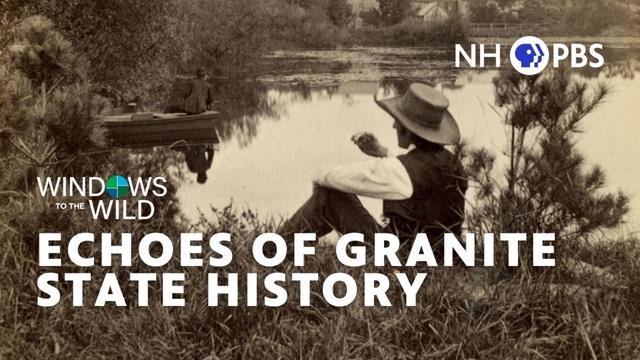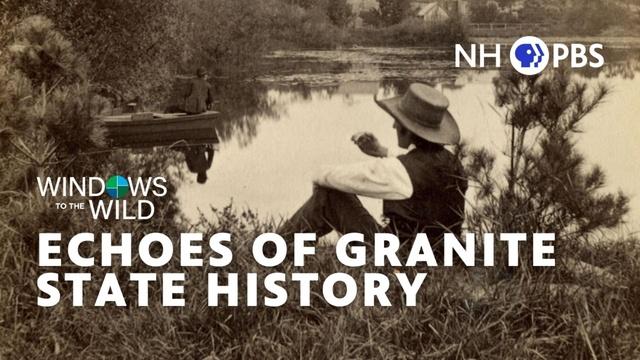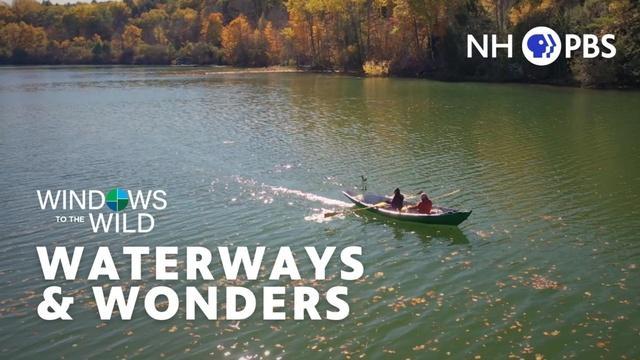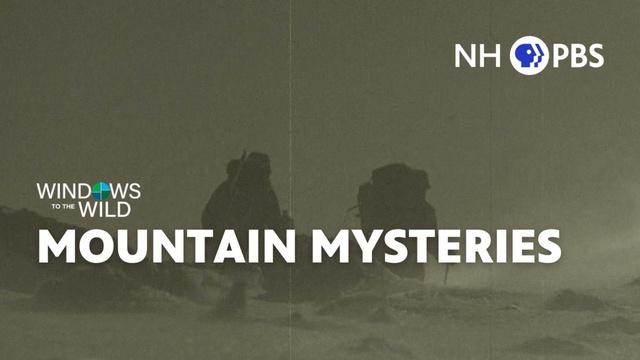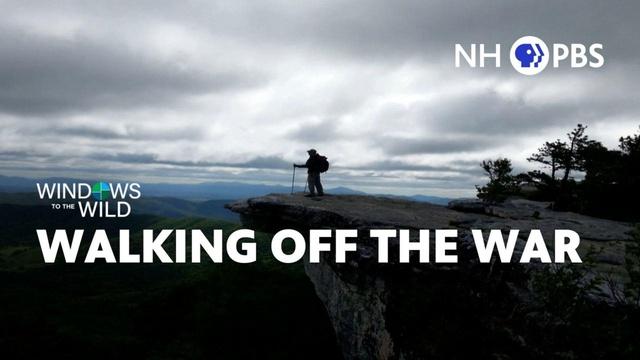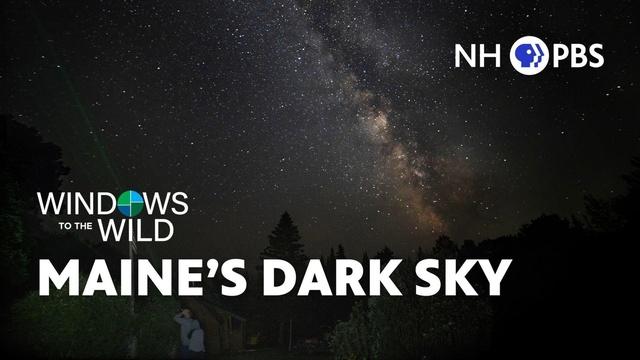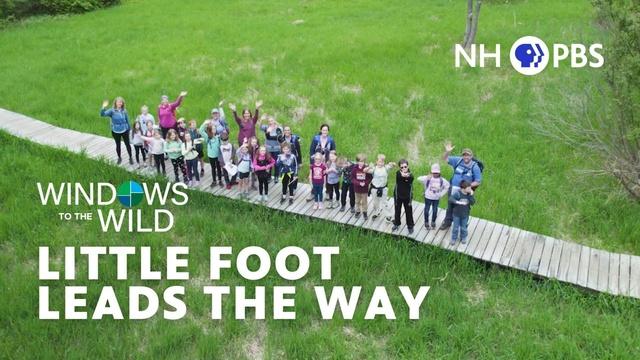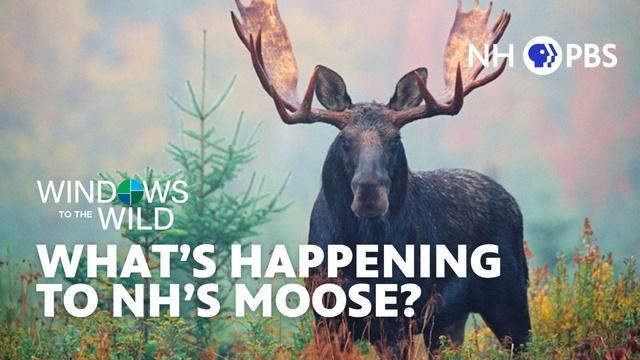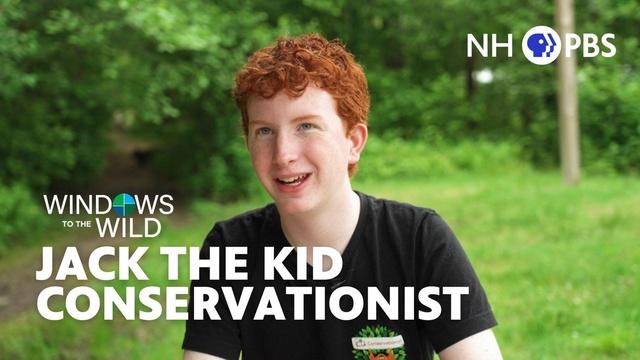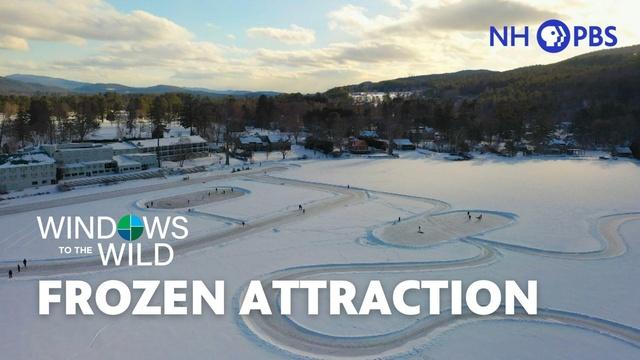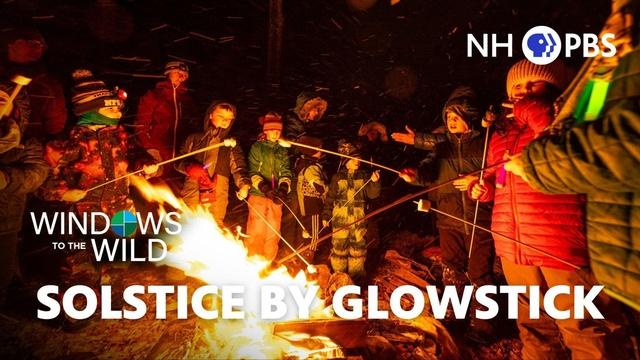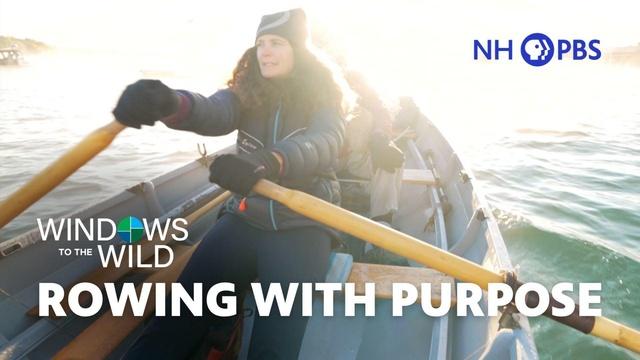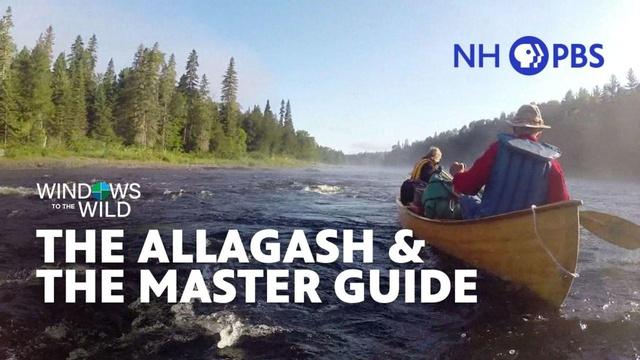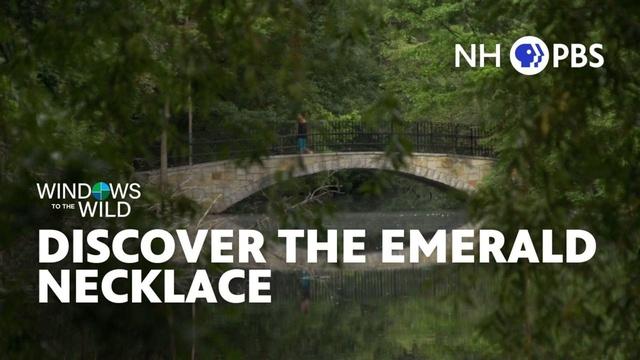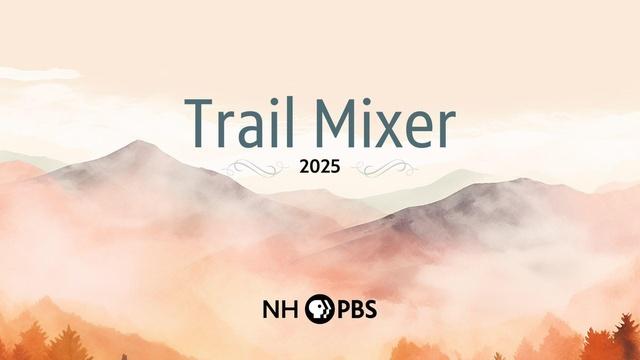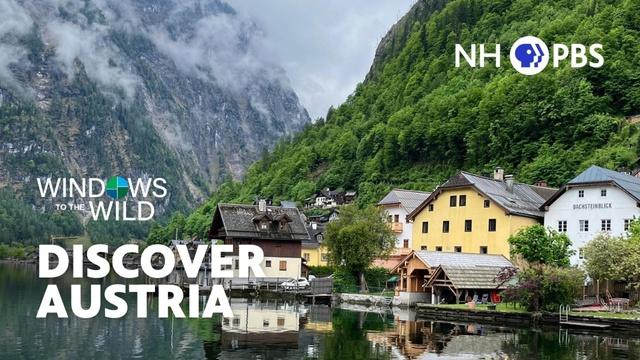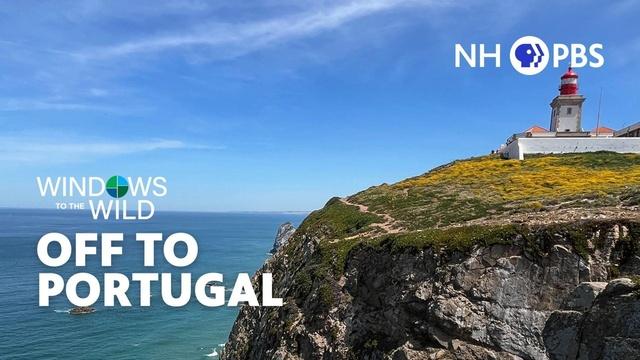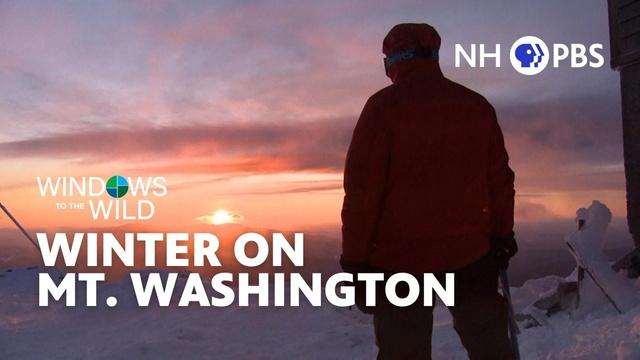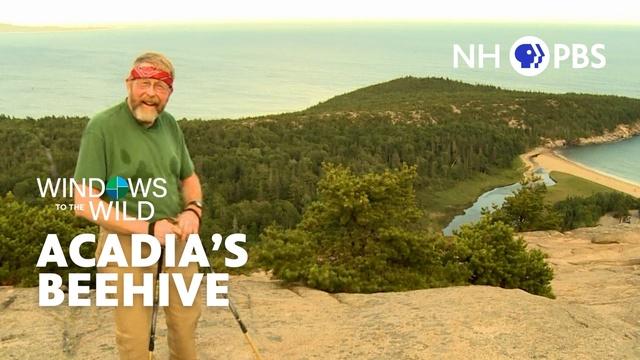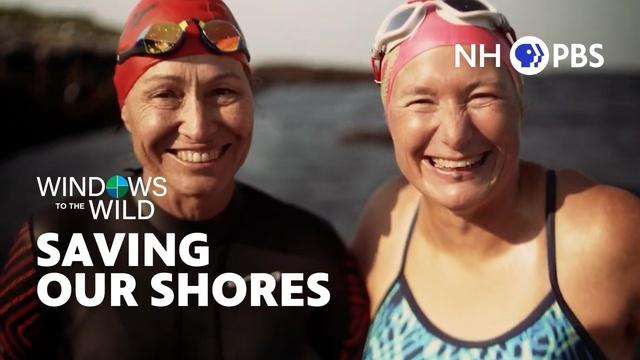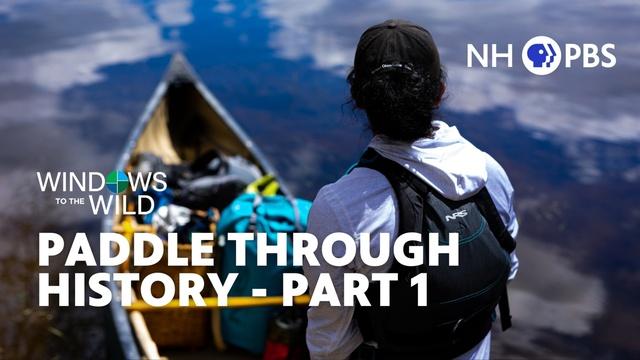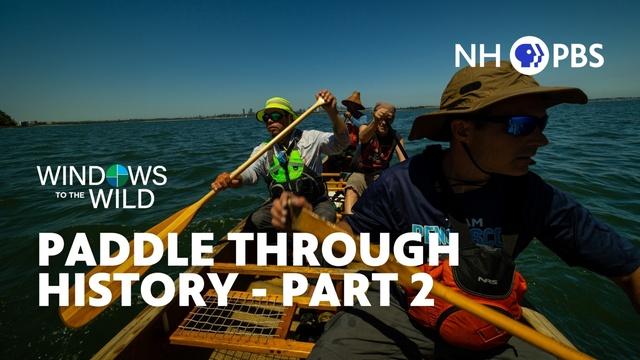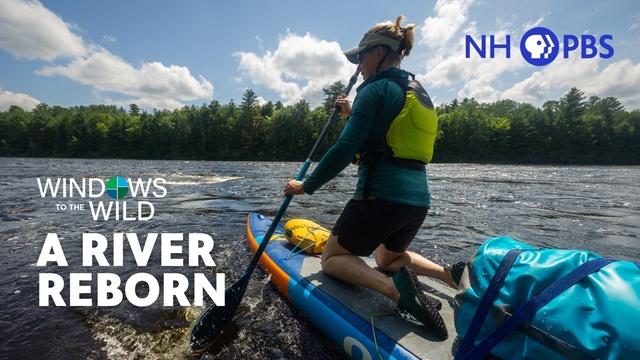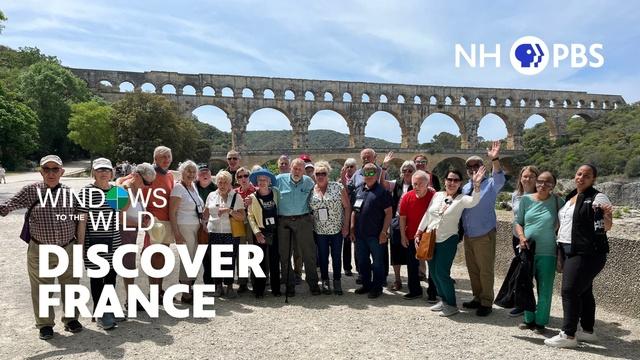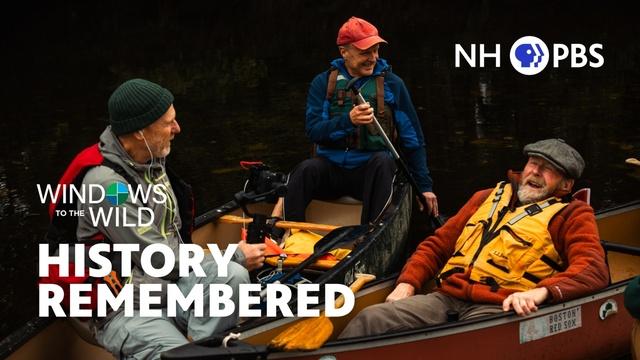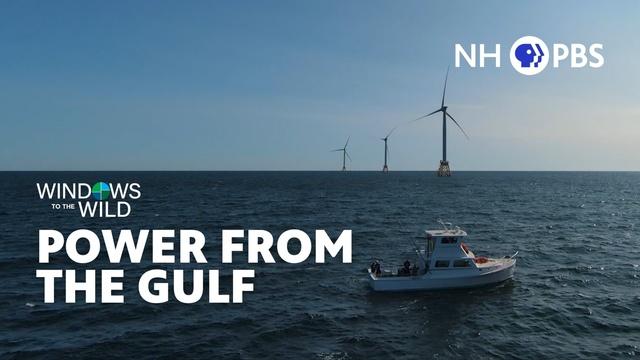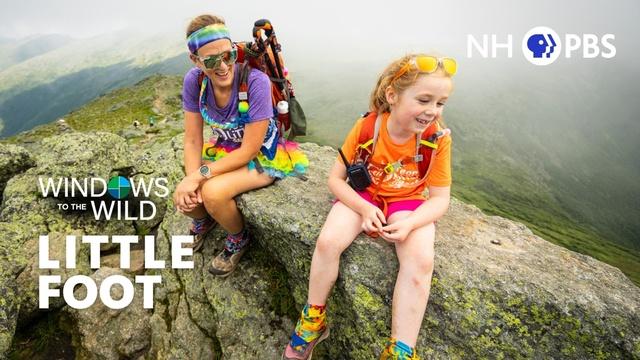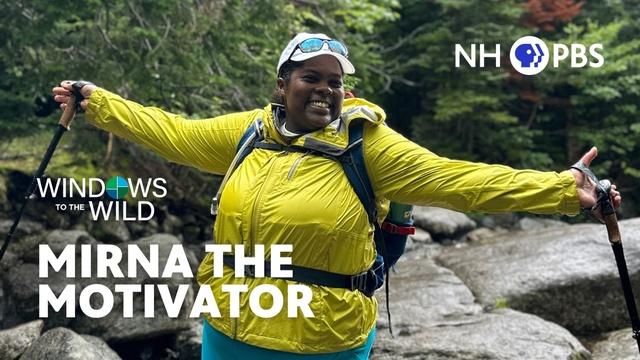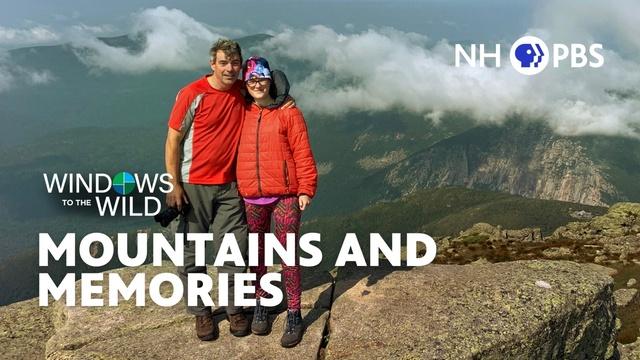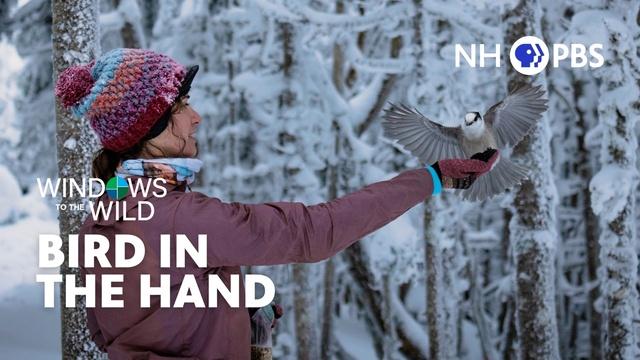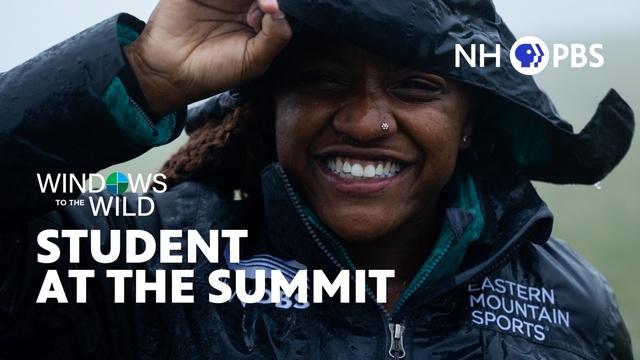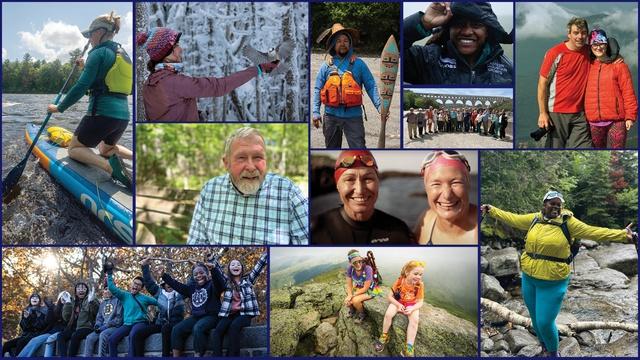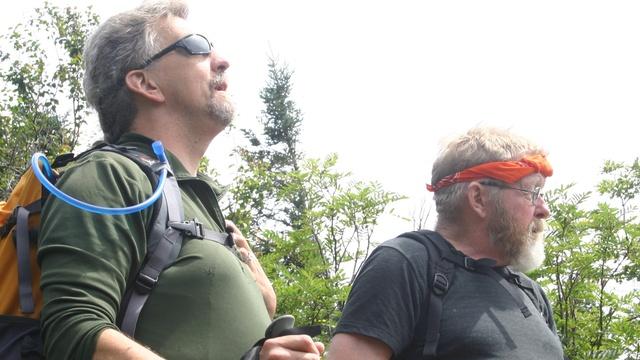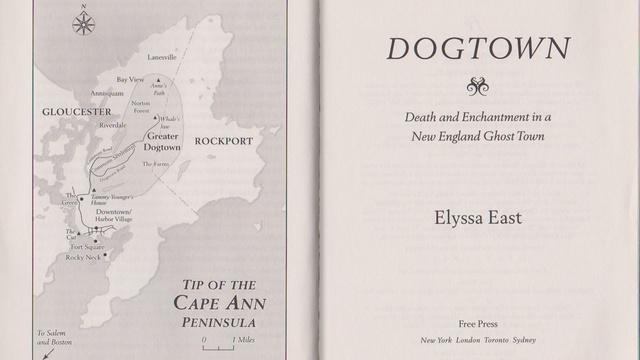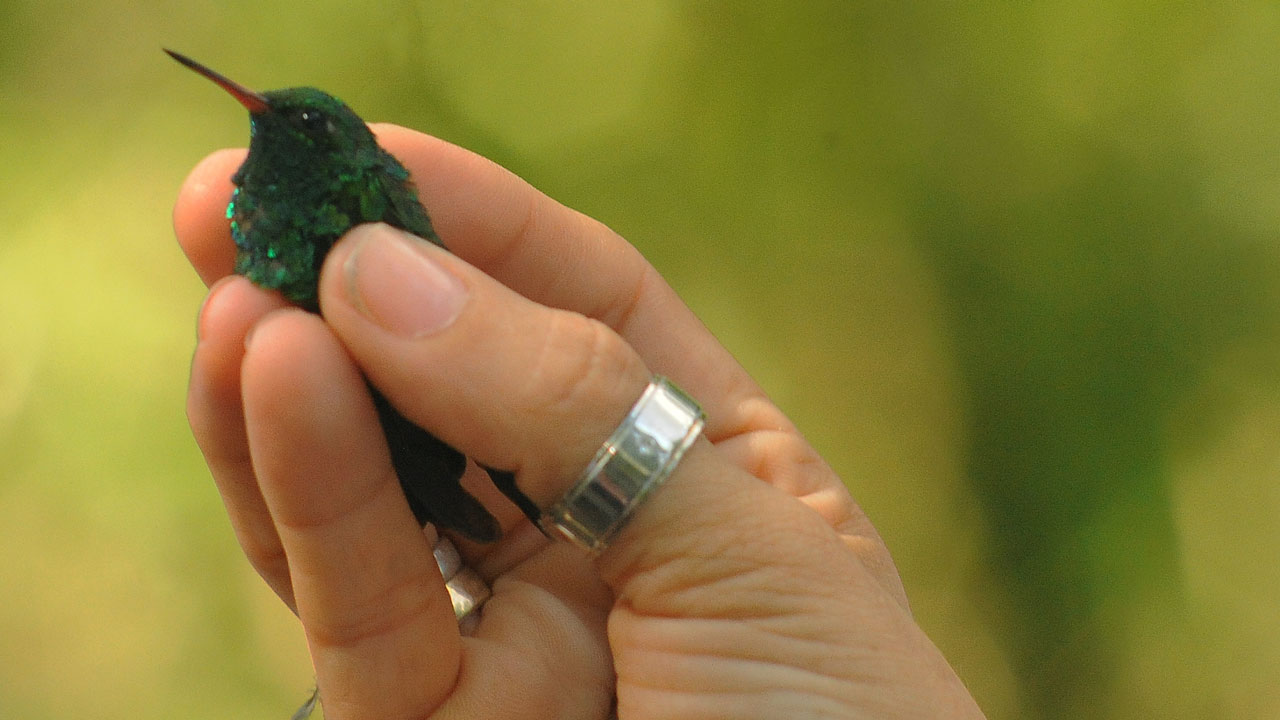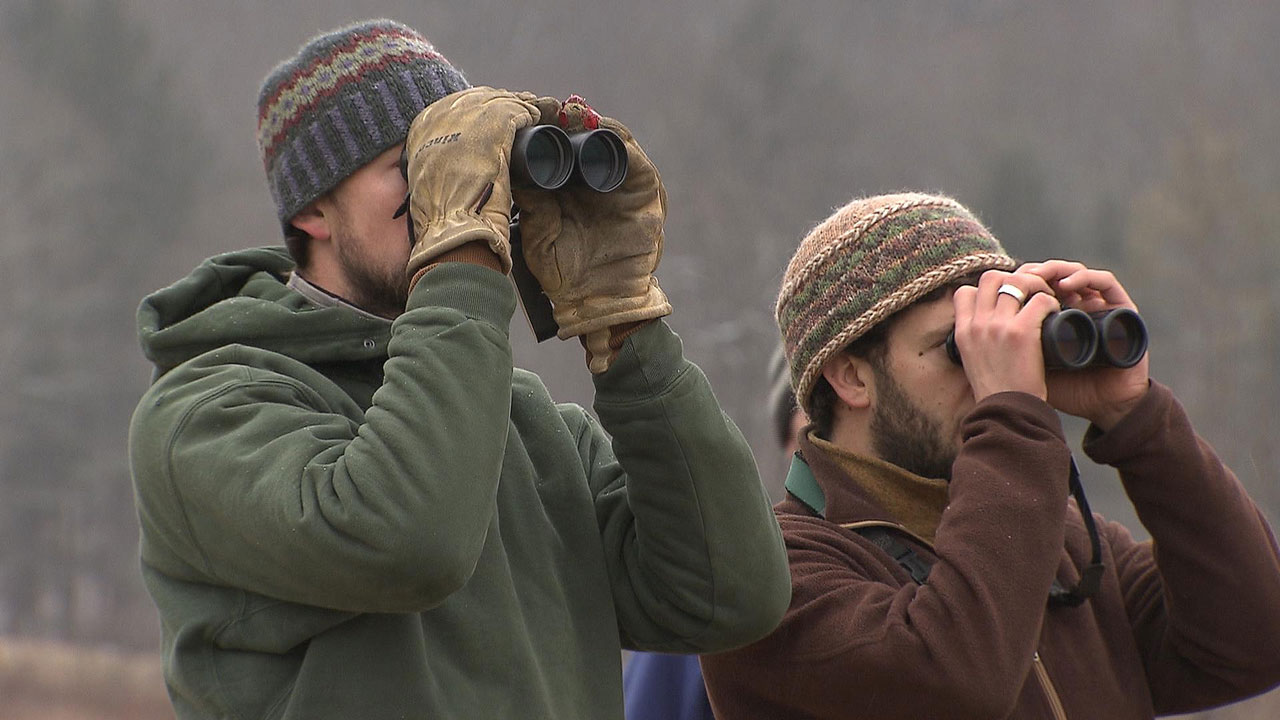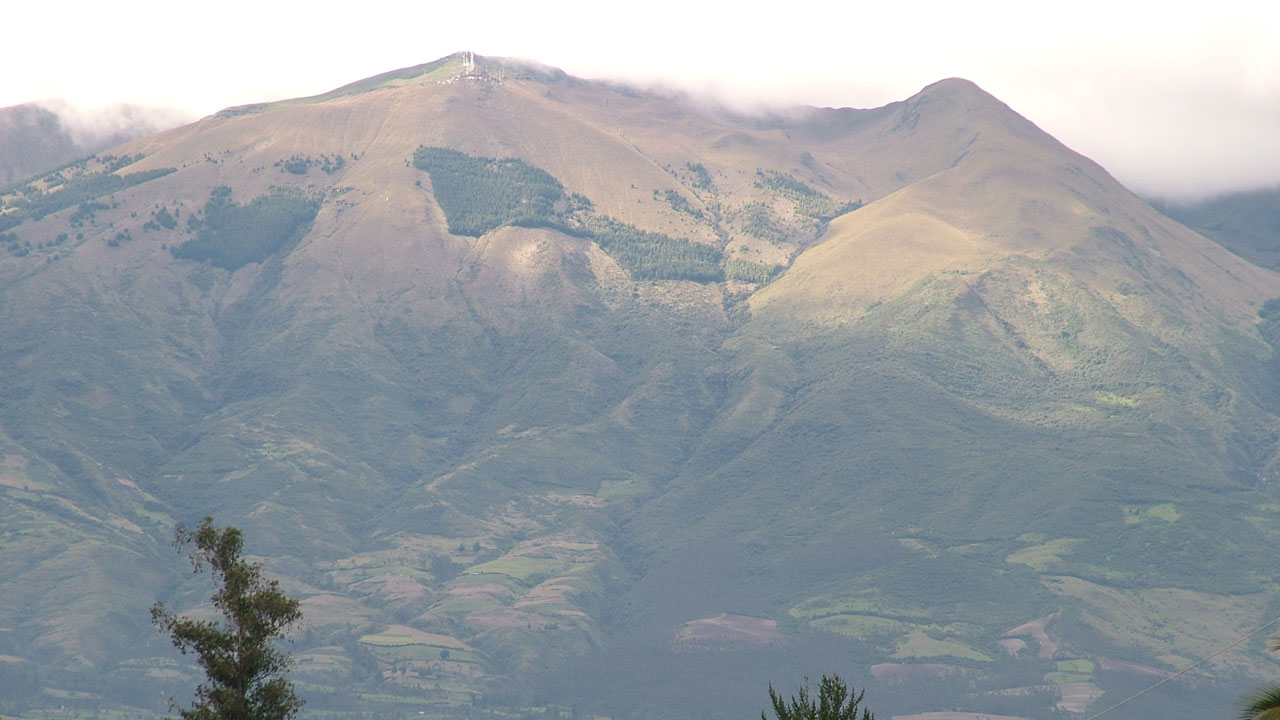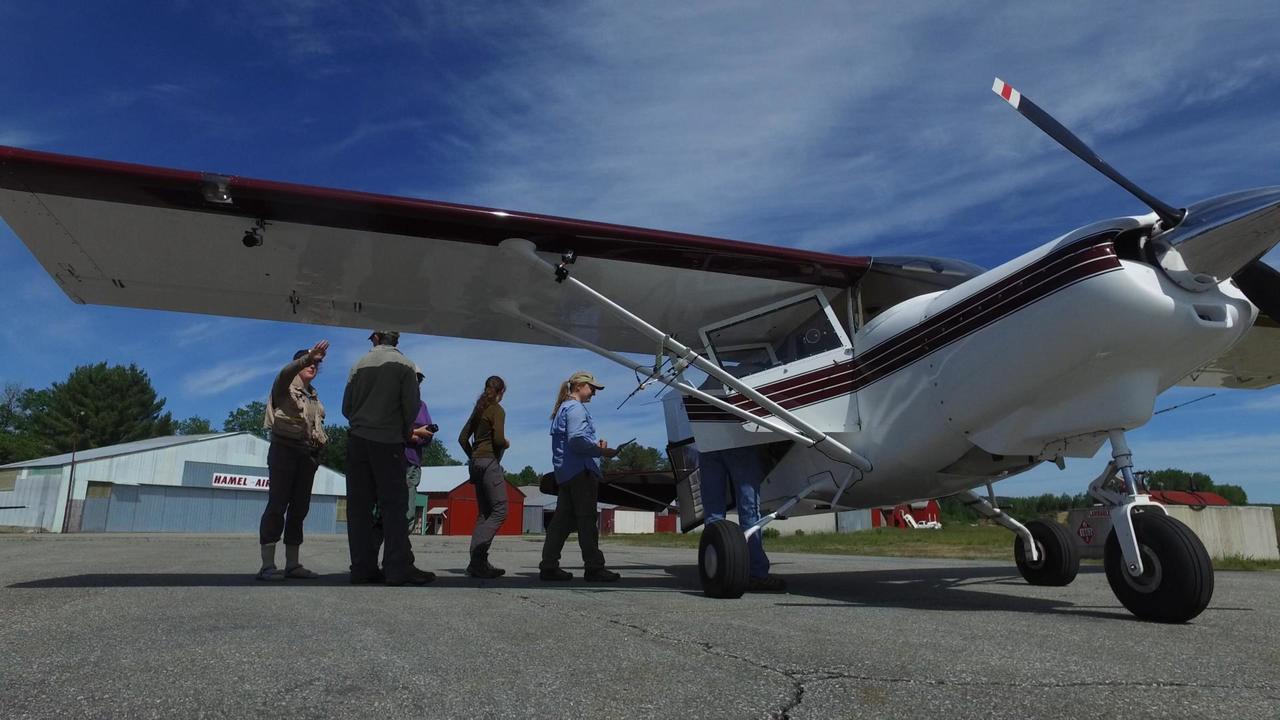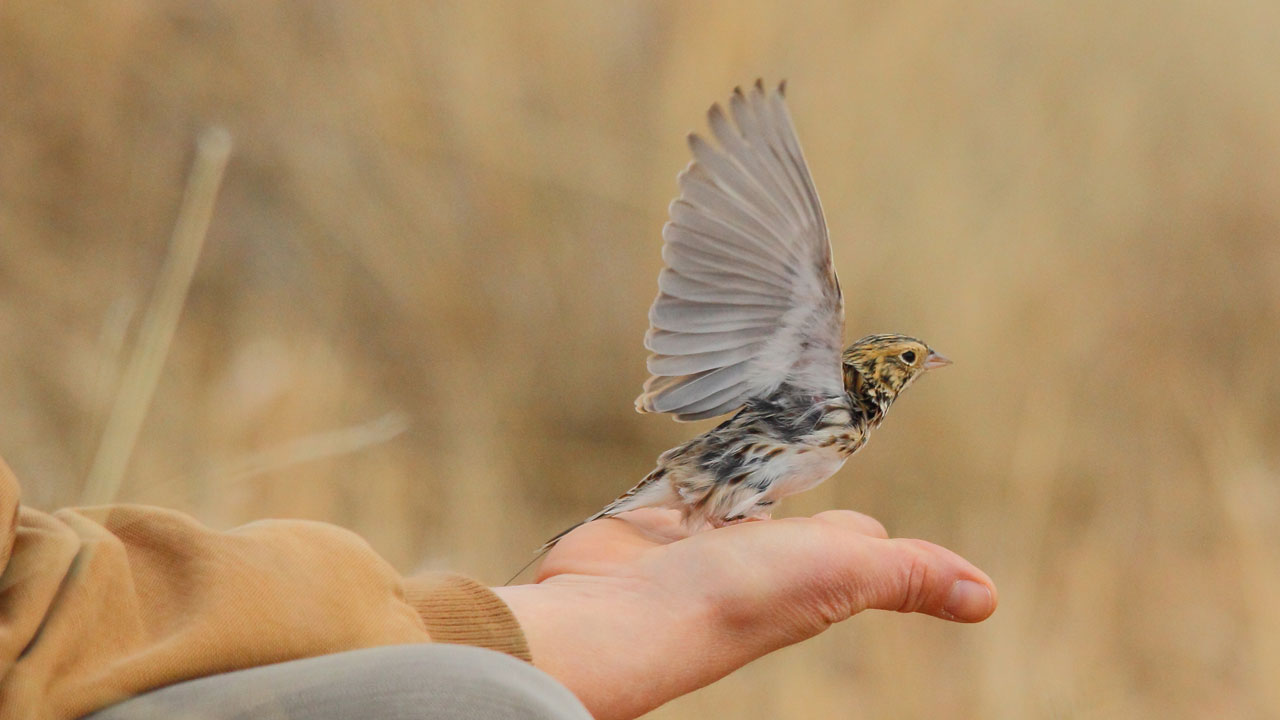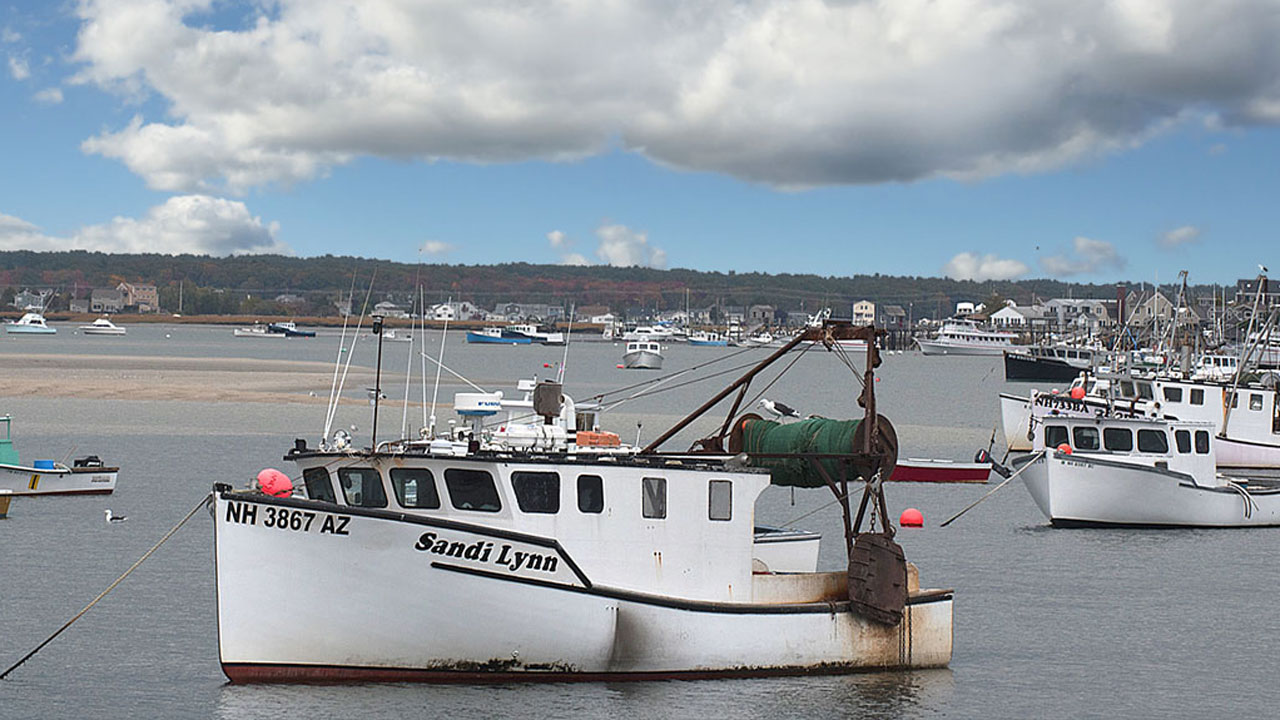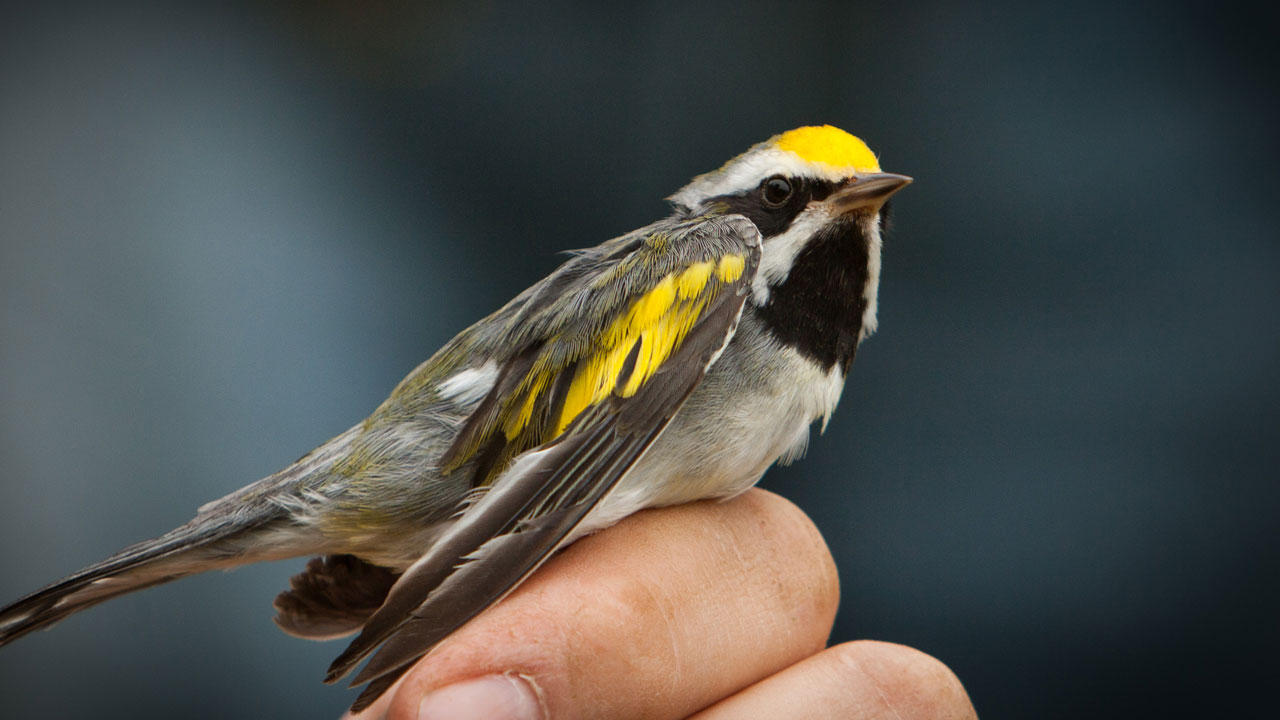Looking for Light in the Darkness
A Yankee Notebook with Willem Lange
We hear a lot of grousing, as the winter solstice approaches, about the misery and depression caused by the early evening darkness. We perhaps don't appreciate how good we've got it here, compared to Ebenezer Scrooge, poring over his ledgers by candlelight at 51º north latitude. And consider the travail of the printers, also working in the near dark, as they tried to decipher Charles Dickens' almost illegible hen-scratchings, blots, circles, and marginal additions, in those opening lines of A Christmas Carol.
Most of Europe is darker than we are during the winter. The mouth of the Rhone River, where it debouches into the sunny Mediterranean, is at the same latitude as Woodstock, Vermont. Paris is north of Montreal. And Trondheim at 63º north? There's a reason Scandinavians stage a mighty Christmas light show. It's a Viking gesture of defiance at the all-encompassing darkness.
My friends Larry and Helen in Kugluktuk, on the shore of Coronation Gulf looking out upon the old Northwest Passage, have dining room picture windows facing south and east up the broad valley of the Coppermine River. The view is spectacular. But at the moment it's pretty much a reflection of what's indoors; the sun has disappeared for a few weeks. In mid-January, Helen will post a photo taken with her cell phone, of a bit of bright orange peeping over the southern hills at high noon. Many people would find that time of darkness oppressive, but the changes between that and uninterrupted midsummer daylight are so swift and dynamic it's actually interesting.
When my buddy Dudley and I, skiing night and day during the 200-mile Alaska Marathon in February of 1985, I was fascinated by not only the depth of the darkness in the bush – holding my mittened hand a foot above the snow, I could see its shadow by the light of Venus – but by the discernible difference in the time of each day's sunrise. It might have been 26º below one night, but spring was on its way back like a tsunami.
Still, February is two months away (when, incidentally, if nothing more goes wrong, I'll be enjoying almost endless daylight south of 60º). How do we make the most of the current crimp in our daylight hours?
If you have to be at work by the clock, there's not much – except, perhaps, rejoice that we no longer have to remove our 6-volt car batteries on icy nights and carry them indoors to keep warm. Reinstalling them in the predawn by flashlight and with freezing fingers was one of life's grimmest chores 65 years ago. How often, in order to be near the head of the line of contractors, was I at the lumberyard in the dark. Again, at 4:15 in the afternoon, I routinely announced, "Well, 'bout time to pick up." Safely packed, we sat on tailgates in the dark, talked a while, and headed home.
We cope in various ways. Kids in far northern Europe and Russia take spa soaks and read by full-spectrum light at school. In some parts of Scandinavia, alcoholism runs rampant during the winter; in others, thousands take to skis in long-distance loppets. Seasonal affective disorder seems to disrupt many sedentary lives; working inside "light boxes" seems to help. Me, I've got a little terrier who can read a clock, and knows in advance when it's time for our daily walk in the park.
And everywhere there are lights. Houses, trees, even concrete-mixing trucks blaze across our eyes wherever we turn. Men with hydraulic lifts deck the downtown streets with overhead stars and angels with trumpets. Why the trumpets? They're announcing: the sublime metaphor of a tiny newborn baby bringing light to a dark world. Hanukkah, the Festival of Lights, and Kwanzaa, both focusing on rows of candles with symbolic meaning.
Light attracts us during dark times. We gather like moths to a flame and sit in communal circles, singing, talking, telling stories, watching familiar faces by firelight, candlelight, or lamplight. Our backsides may be freezing, but it's then that we feel warmest and closest together.
Photo credit: Joe Klementovich
Return to the
Windows to the Wild
Main Page
WINDOWS TO THE WILD WITH WILLEM LANGE is generously supported by the Alice J. Reen Charitable Trust, John D. McGonagle Foundation, Bailey Charitable Foundation and Road Scholar.
Watch Online
TV Schedule
-
winter on mt. washington
Windows to the Wild
Saturday, 2/21 at 10:30 A.M. on EXPLORE -
friday night lights
Windows to the Wild
Thursday, 2/26 at 8:00 P.M. on NHPBS -
off to portugal
Windows to the Wild
Thursday, 3/5 at 8:00 P.M. on NHPBS -
discover austria
Windows to the Wild
Thursday, 3/12 at 8:00 P.M. on NHPBS
Learn More...
- Manchester Cedar Swamp Preserve
The Nature Conservancy
Podcast
Listen on your favorite podcast platform
Thanks to our podcast partner: The Marlin Fitzwater Center for Communication at Franklin Pierce University
